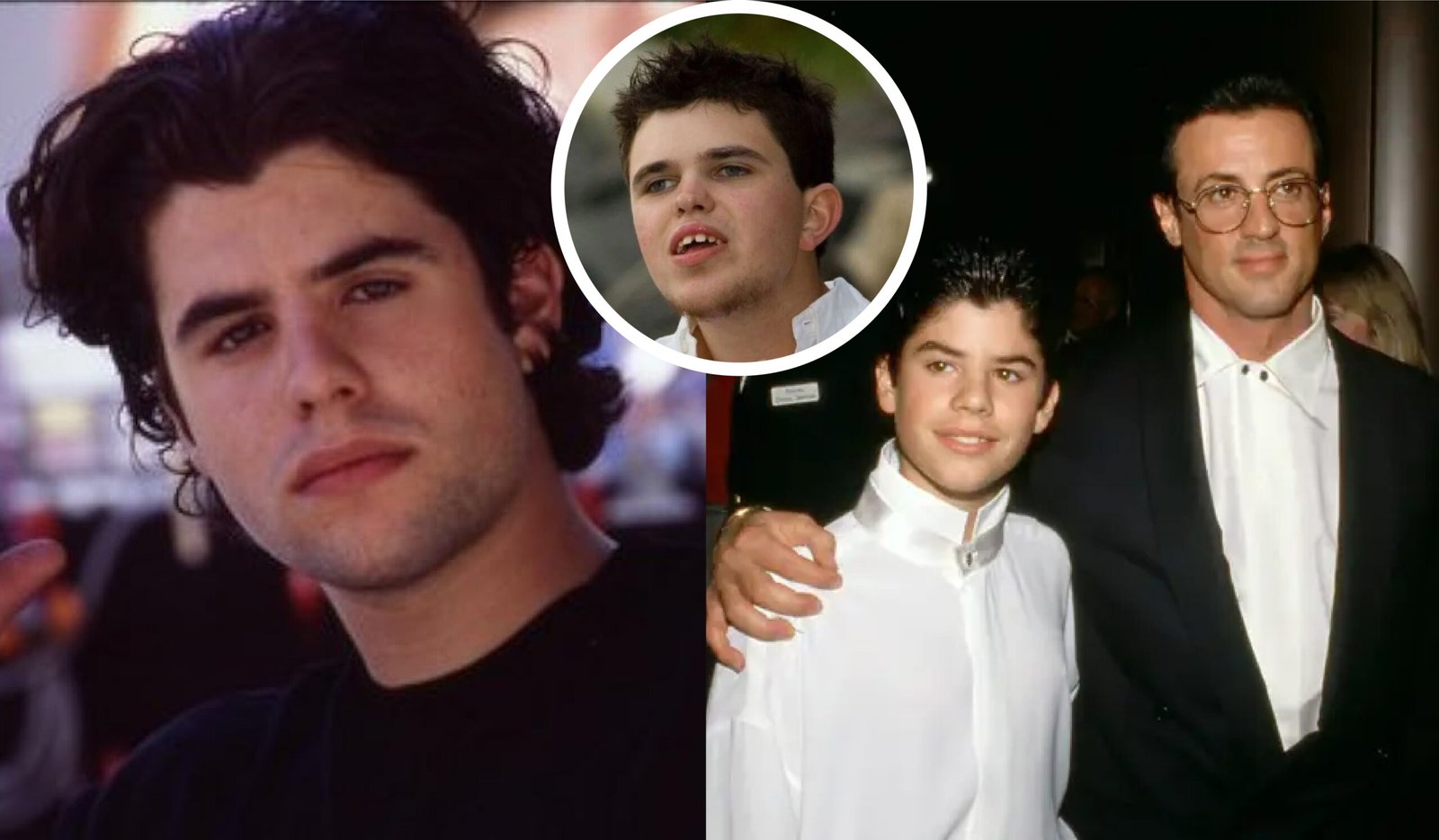A Call for Understanding
Recently, Kelly Bates, a well-known community advocate, made headlines by addressing her supporters with a heartfelt plea: not to direct their anger toward NBC 10. This statement came in the wake of rising discontent regarding the network’s portrayal of her recent initiatives and public image. Bates’ request highlights the delicate interplay between media representation and community sentiment.
The Impact of Media Representation
Bates has been actively involved in various local issues, from education to public health. Media coverage plays a crucial role in shaping public perception, but it can also distort narratives, leading to frustration among supporters. Bates acknowledged this reality, recognizing how negative media attention can elicit strong emotional responses. However, she emphasized that misplacing anger at the media might be counterproductive.
Encouraging Constructive Responses
In her message, Bates urged her supporters to differentiate between their frustrations and the workings of a news organization. “Journalists at NBC 10 are simply doing their jobs,” she explained, noting the pressures they face in a rapidly evolving news landscape. This appeal for understanding reflects a growing trend among public figures who prioritize constructive engagement over hostility.
Fostering Media Literacy
Bates further encouraged her followers to cultivate media literacy. She advocated for a critical examination of news narratives, urging supporters to look for multiple viewpoints before forming opinions. “It’s important to question how stories are framed,” she stated, empowering her audience to be informed consumers of news. This proactive stance not only enhances individual understanding but also fosters a more educated community.
The Shared Responsibility of Media and Public Figures
Bates’ call for unity and understanding brings attention to the ethical responsibilities of both media outlets and public figures. In an era where sensationalism often overshadows balanced reporting, her message serves as a reminder that accountability is a two-way street. Public figures must act with integrity, while media organizations should strive for accuracy and fairness in their reporting.
Redirecting Anger Towards Positive Action
Bates’ appeal also included a strong message about channeling frustration into positive community engagement. “Let’s focus our energy on constructive actions,” she encouraged, urging supporters to participate in local initiatives and discussions. This shift not only promotes unity but also enables her followers to make a tangible impact without succumbing to negativity.
Navigating Media Relations
The current situation has sparked important conversations about the relationship between media coverage and public opinion. As discontent with media narratives grows, Bates’ emphasis on open dialogue is especially timely. Her advocacy for understanding and constructive communication serves as a crucial reminder of the need for empathy in our increasingly polarized society.
Conclusion: Building a Collaborative Community
Kelly Bates’ recent appeal for her supporters to refrain from taking out their frustrations on NBC 10 represents a significant moment in the conversation surrounding media relations and accountability. By redirecting attention toward positive community involvement, she reinforces her leadership role and encourages collective action. As we navigate the complexities of today’s media landscape, Bates’ message resonates as a call for unity, understanding, and a commitment to working together for the greater good.




